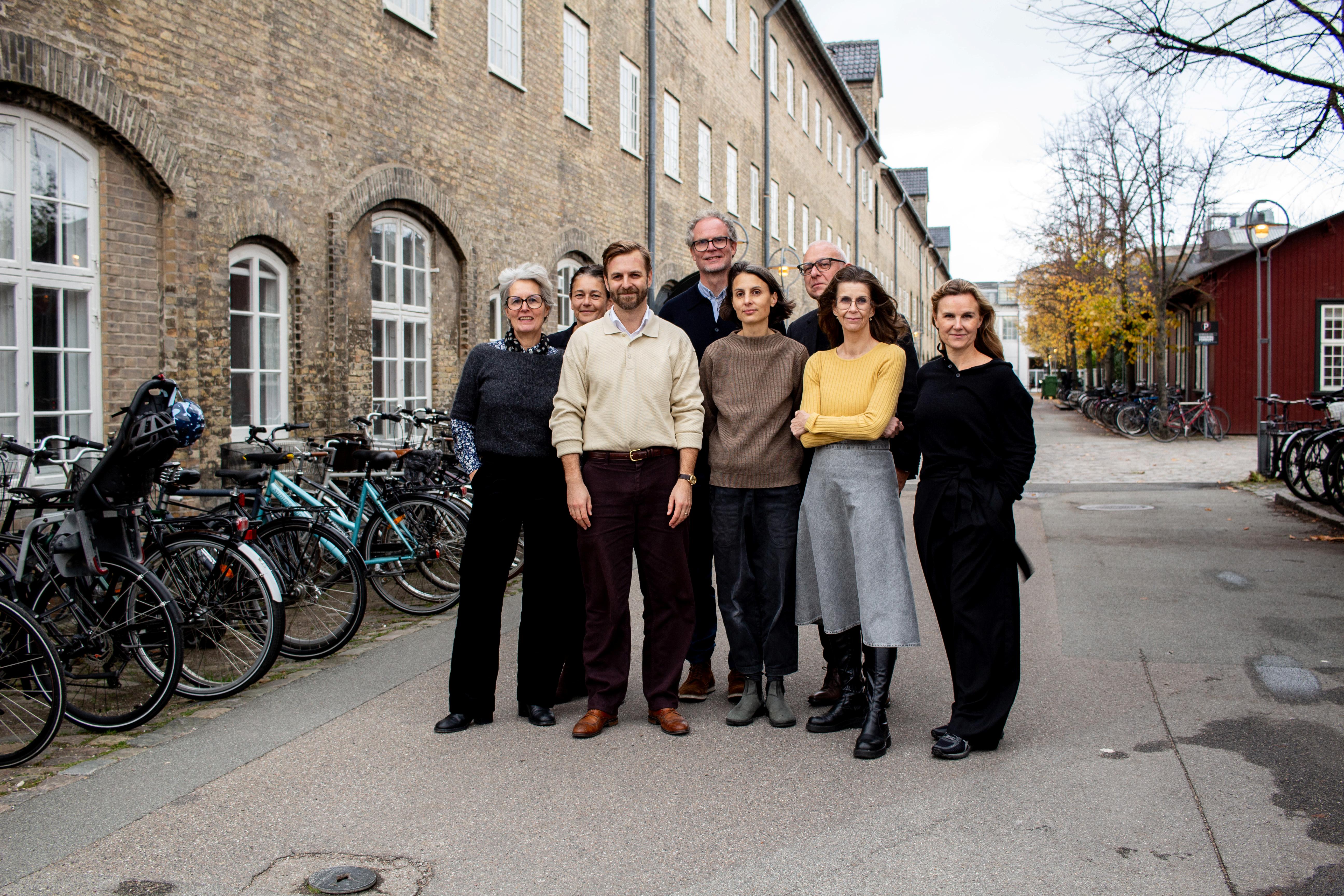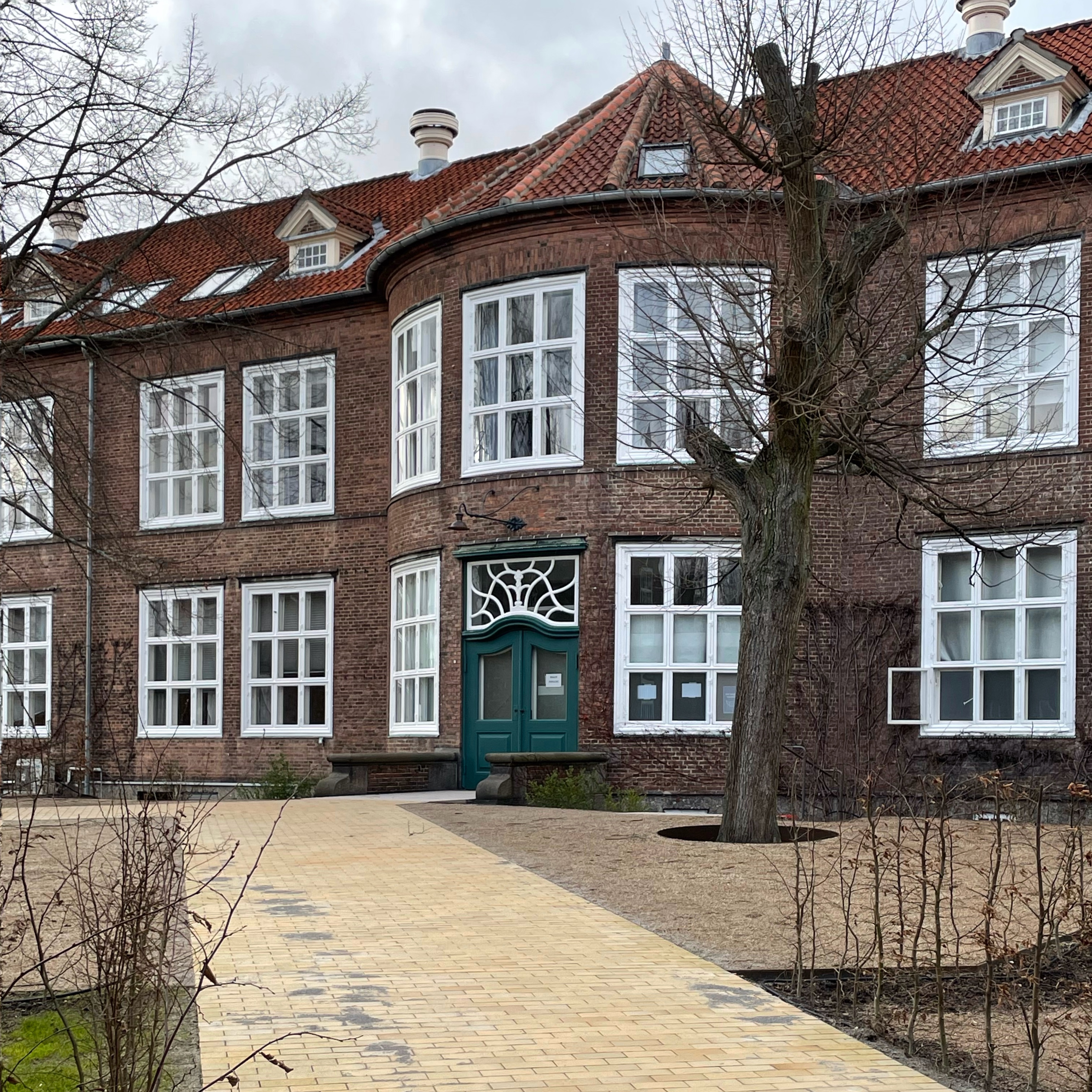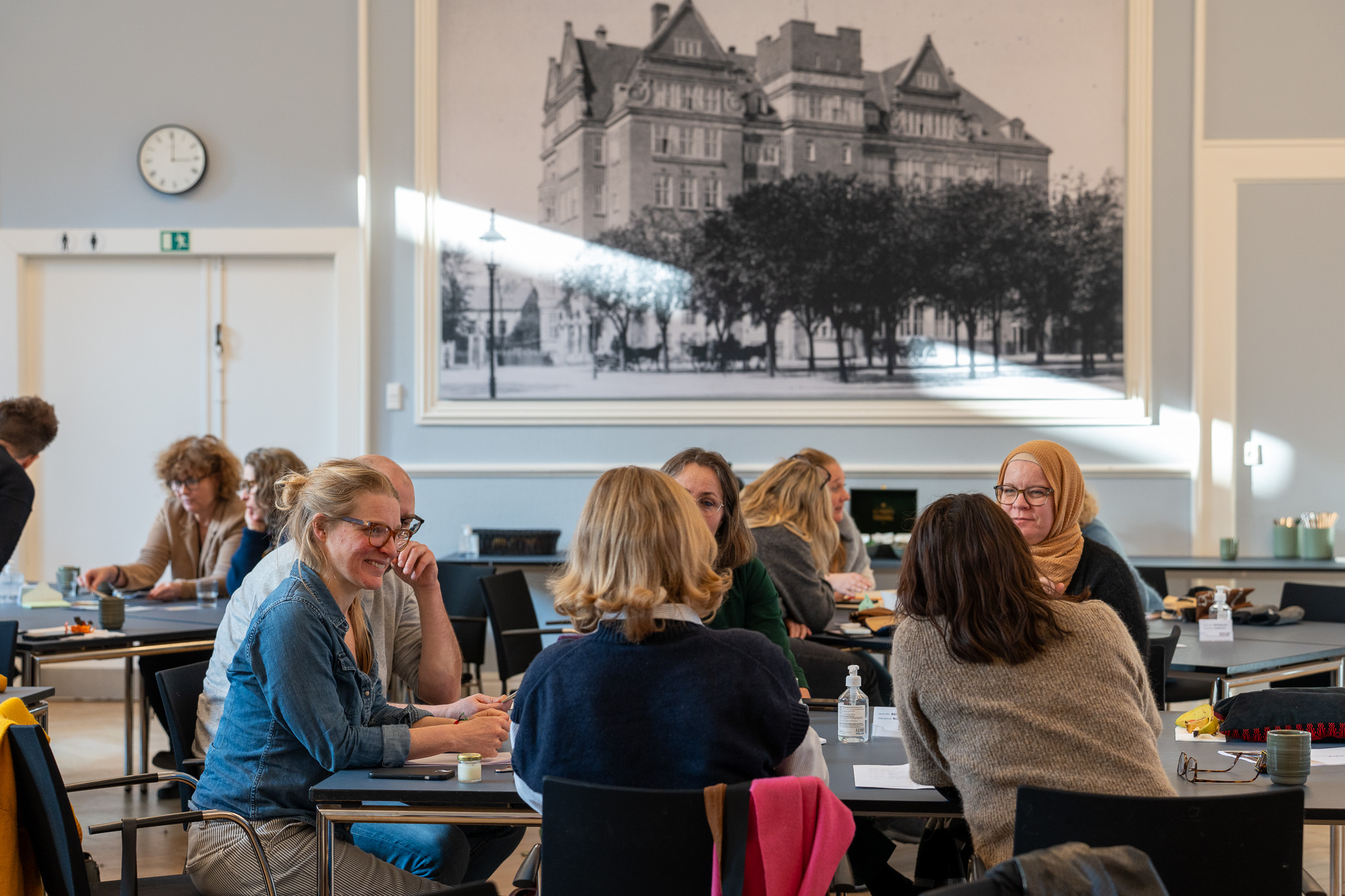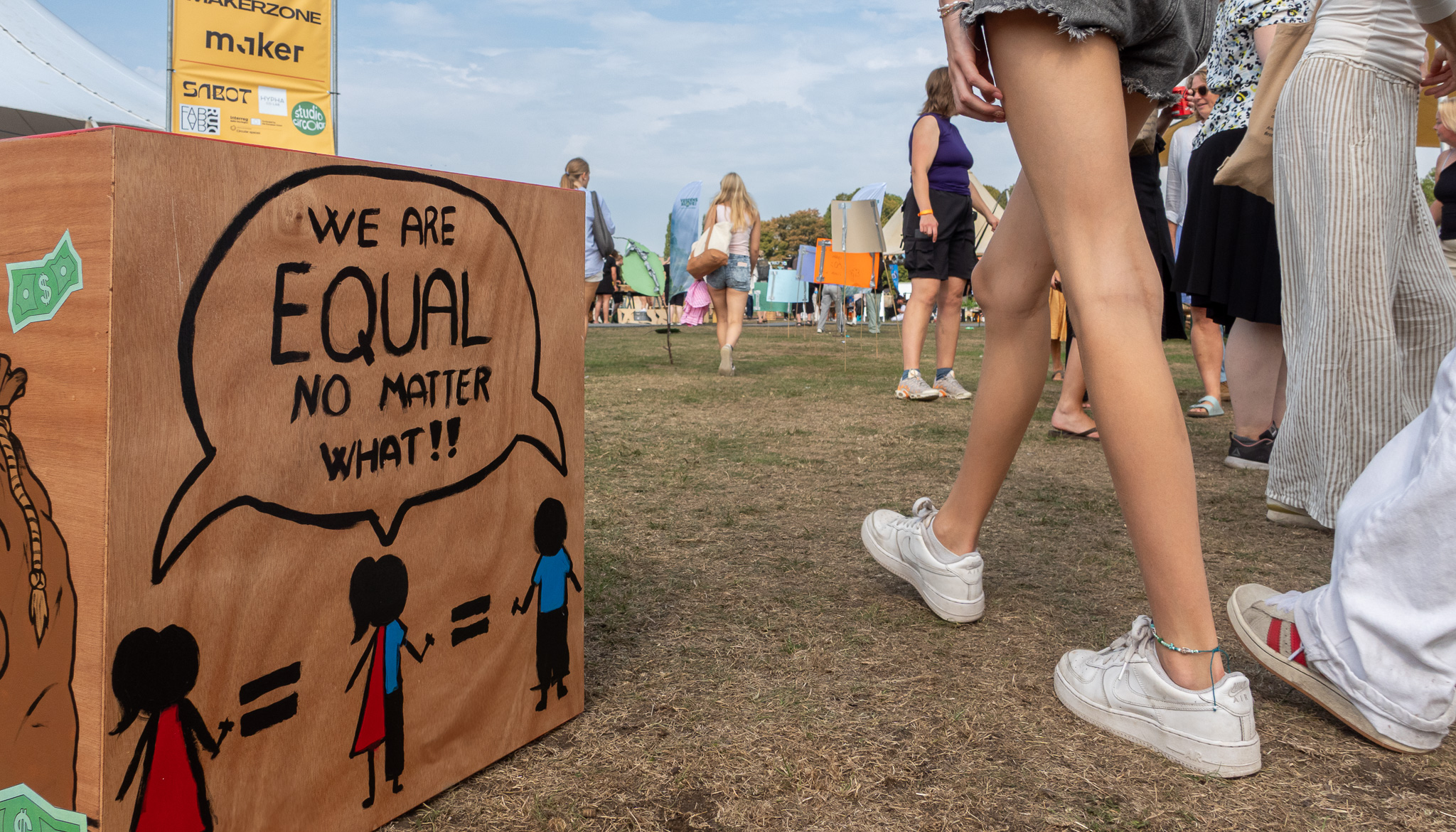
The Royal Danish Academy and Danish foundations launch longterm partnership to promote equality and inclusion through architecture and Universal Design

The Royal Danish Academy – Architecture, Design, Conservation, Bevica Foundation, Ramboell Foundation, and Dreyers Foundation have entered into a long-term partner-ship to promote greater equality and inclusion for people with disabilities through architecture and design.
Architects and designers, through their professionalism and position insociety, can be an essential voice for inclusion and rights, and the voice behind words in the practice of which their profession is a part.
The partnership must ensure equal opportunities for everyone to participate in society
By bringing their different professions, networks and voices in the social debate into the cooperation, the Bevica Foundation, the Dreyers Foundation, the Ramboll Foundation and the Royal Academy want to contribute significantly to ensuring that people with disabilities have an equal opportunity to participate in society. It can be, for example, through the use of urban spaces, cultural institutions and housing.
In the period 2025-2030, the partnership will launch a series of educational and research initiatives under the title: “Diverse human vision and equality through architecture and universal design”.
“At the Royal Academy, we focus on universal design and a diverse view of people in architecture and design, because it is crucial that we as a research and educational institution contribute to a society with space for all. Through our work as architects and designers, we have a concrete opportunity to promote inclusion, especially for people with disabilities, whether they are congenital, temporary or arising from age. We believe that a strategic partnership with the Dreyers Foundation, the Bevica Foundation and Ramboll can bridge the gap between research and practice, including through our professional network and participation in the public debate,” says Dean of Design, Mathilde Aggebo and Dean of Architecture, Jakob Brandtberg Knudsen.

Principles of Universal Design must be integrated into the profession of design and architecture
Universelt Design is a holistic and rights-based approach to design, to which Denmark, among other things, has committed itself through the UN Convention on Disability.
Universal design is based on a human vision, which recognizes that human bodies and functional abilities are diverse and change throughout life, and that it must be the starting point for the architecture, design, or arrangement of our surroundings. By increasing knowledge about universal design and action, as well as practical and sustainable implementation, the initiative will train future and executive architects and designers to better realize the vision of equality and inclusion in society.
“Architects and designers have the power to define who is in and who is out when they define our common framework through their subjects. It is therefore crucial to gain knowledge of universal design as an integral part of the professional field — both on an academic and a practical level. And that is precisely why we are also pleased to continue our cooperation with the Royal Academy, which we have had since 2016, and at the same time strengthen cooperation with such strong partners as the Dreyers Foundation and the Ramboll Foundation,” says Marianne Kofoed, Director of the Bevica Foundation.
Must create a bridge between the practice of the subjects and society
The initiatives will go across the Royal Academy's design and architecture institutes in collaboration with the practices of the design and architecture disciplines, civil society and other stakeholders. Collaboration between actors, and not least bridging the practice of the subjects, is central to achieving the desired changes.
“As a foundation with a special focus on the architectural profession, we want to strengthen the role of practicing architects in creating a more equal society. Universal design must not become an abstract concept — it must be seen and felt in the homes, urban spaces and buildings we move in every day. With the partnership, we can bridge the gap between research and practice and support the ability of architects to translate knowledge into concrete solutions that benefit everyone,” says Dreyers Fond board member, architect Kathryn Susanna Gimmel.
Sustainable design and architecture work from consideration of both human equality and planetary boundaries. The overall focus areas include research and dissemination of universal design in the transformation of existing historic buildings, homes and urban spaces, infrastructure, research and dissemination of inclusive furniture and product design and inclusive design processes, artistic experimentation, teaching and continuing education targeted at executive architects and designers.
“Sustainability is also a matter of equal access for all, and we therefore look forward to being able to contribute to the generation and activation of new knowledge about differentiated user needs in a regenerative built environment. The research effort creates new knowledge about the links between environmental and social sustainability and cultural historical values. This is knowledge that can be applied in the transformation and development of the existing building stock, so that it is suitable for the users who are today, and can be adapted to the users who may come in the future,” explains Asbjørn Kristensen Høgsbro, philanthropic manager of the Rambøll Foundation.
During the 5-year period, the partners will support different parts of the overall initiative's activities and work together to achieve the common objectives.
Latest News
Follow the latest news from the Bevica Foundation below.



